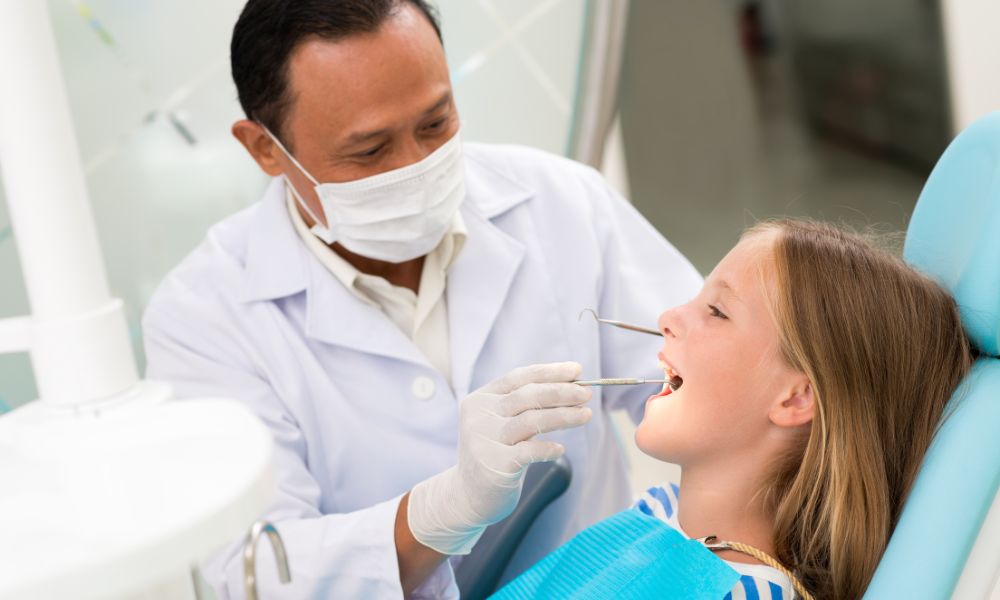Gum disease, also known as periodontal disease, is a common oral health issue that can lead to serious consequences if not addressed timely. Unfortunately, many people overlook the importance of regular dental visits in preventing and managing this condition. In fact, routine visits to your family dentist are crucial for maintaining healthy gums and ensuring overall oral well-being.
Here’s how regular dental visits play a pivotal role in managing gum disease.
Professional Cleanings for Optimal Gum Health
One of the primary benefits of regular dental visits is professional cleanings. Despite your best efforts with brushing and flossing, plaque and tartar can still build up in hard-to-reach areas. Dental hygienists use special tools to remove these deposits, which are the primary culprits behind gum disease. So, regular cleanings help prevent the onset of gingivitis, the earliest stage of gum disease, and keep your gums healthy and strong.
Early Detection of Gum Disease
Dental visits allow for early detection of gum disease, which is critical in preventing its progression. Gum disease progresses through stages, starting from gingivitis and potentially advancing to periodontitis if left untreated. During your check-up, your dentist examines your gums for signs of inflammation, bleeding, and recession. Remember, early detection means earlier intervention, which can stop the disease in its tracks and save you from more invasive and costly treatments down the line.
Personalized Care Plans
Every individual’s oral health needs are unique, and regular dental visits allow your dentist to create a personalized care plan tailored specifically to you. So, if you are at higher risk for gum disease due to genetics, lifestyle habits, or underlying health conditions, your dentist may recommend more frequent visits or specific preventive measures. This personalized approach ensures that your gums receive the care they need to stay healthy.
Educational Guidance and Support
Dentists and hygienists provide invaluable education on maintaining gum health. From demonstrating the proper brushing and flossing techniques to advising on the best oral care products, they equip you with the knowledge to take charge of your oral hygiene. In fact, regular visits also offer an opportunity to discuss any concerns or symptoms you might be experiencing, allowing your dental team to offer solutions and support tailored to your needs.

Preventing Disease Progression
For those who already have gum disease, regular dental visits are essential in managing the condition and preventing its progression. Dentists can perform deep cleanings, such as scaling and root planing, to treat infected pockets and promote healing. They will monitor your gum health over time, adjusting your care plan as necessary to ensure the disease is effectively managed. This proactive approach helps maintain your oral health and prevents the disease from advancing to stages that may require surgical intervention.
Maintaining Overall Oral Health
Regular dental visits contribute significantly to overall oral health, which in turn impacts your general well-being. In fact, gum disease has been linked to various systemic health issues, including heart disease, diabetes, and respiratory problems. So, by keeping your gums healthy through routine dental care, you reduce the risk of these associated health complications. Regular check-ups ensure that your teeth, gums, and mouth are in optimal condition, supporting your overall health and quality of life.
Conclusion
Regular dental visits are a cornerstone in preventing and managing gum disease. Through professional cleanings, early detection, personalized care, and educational support, these visits play a pivotal role in maintaining gum health and overall well-being.
With proper dental check-ups, you take proactive steps toward a healthier smile and a healthier you. So, don’t wait for symptoms to appear—schedule your next dental appointment today and invest in your long-term oral health.




